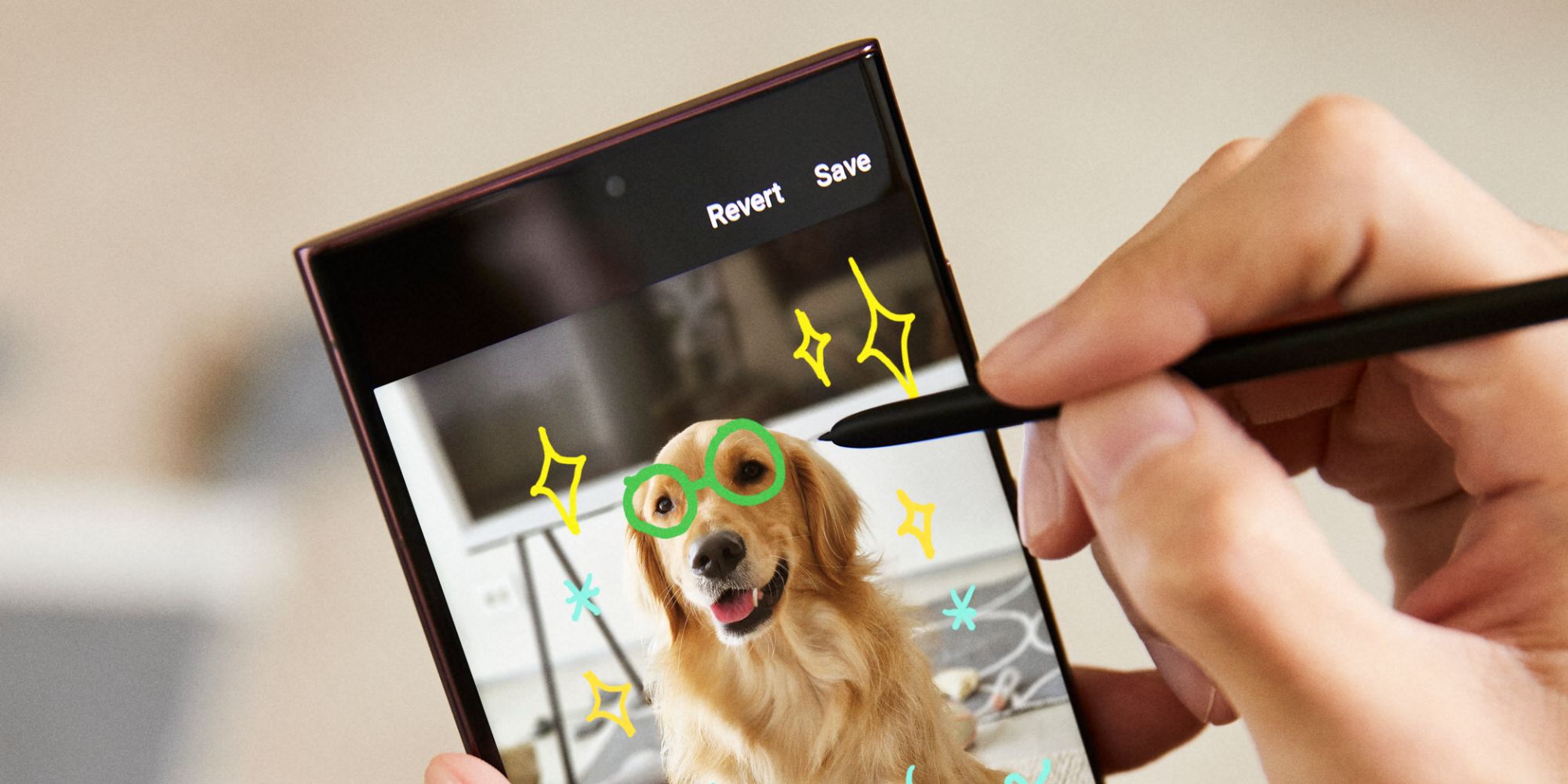Samsung‘s new Galaxy S22 Ultra is powered by the Snapdragon 8 Gen 1 processor, but how does it compare against Apple’s A15 Bionic in the iPhone 13 and the Google Tensor in the Pixel 6? Samsung this week announced the Galaxy S22-series of smartphones, comprised of the S22, S22 Plus and the S22 Ultra. While all three are getting a ton of attention, the last one is undoubtedly the show-stopper with top-of-the-line specs and unprecedented functionality.
The Galaxy S22 Ultra is the first Galaxy S-series device to ship with a built-in S Pen. However, the Galaxy S22-series is not the first to actually support an S Pen. That honor goes to the Galaxy S21 Ultra and the Galaxy Z Fold 3, although neither actually came with a built-in stylus, requiring owners to buy a compatible S Pen to use with these devices. The Galaxy S22 Ultra is miles ahead of them, and not just in terms of stylus support.
Android Authority put the Galaxy S22 Ultra through its paces, testing it with a number of benchmarking apps to check how it fares against Apple’s iPhone 13 and Google’s Pixel 6. In the Geekbench 5 CPU test, the iPhone 13 Pro Max came top, as expected, with a single-core score of 1,722 and a multi-core score of 4,768. The iPhone 13 and the iPhone 12 Pro Max came in at number two and three. The Galaxy S22 Ultra landed in the number four spot with a single-core score of 1,220 and a multi-core score of 3,417.
Galaxy S22 Ultra’s GPU Performance

The GPU is where the Galaxy S22 Ultra truly shines, with the 3DMark (Wild Life) scores suggesting that it is around 3-percent faster than the Apple A15 Bionic in the iPhone 13 Pro Max and a whopping 47-percent faster than the Google Tensor chip in the Pixel 6 and Pixel 6 Pro. While the Galaxy S22 Ultra notched up 9,841 points in the 3D mark test, the iPhone 13 Pro Max and the Google Pixel 6 Pro could only muster 9,587 and 6,526 points, respectively. In AnTuTu testing, the Snapdragon 8 Gen 1 in the Galaxy S22 Ultra beat the Google Tensor in the Pixel 6 by almost 42-percent.
The benchmark scores suggest that the Snapdragon 8 Gen 1 will be a chipset to reckon with, and that’s good news for a range of other Android vendors like OnePlus, Xiaomi, Oppo, Motorola and others that are also planning to release phones powered by the new SoC. However, synthetic benchmarks are not always a true indicator of real-world performance. How a device performs in the real world, whether it’s Samsung’s Galaxy S22 Ultra or any other, will depend more on software optimization and other factors.




